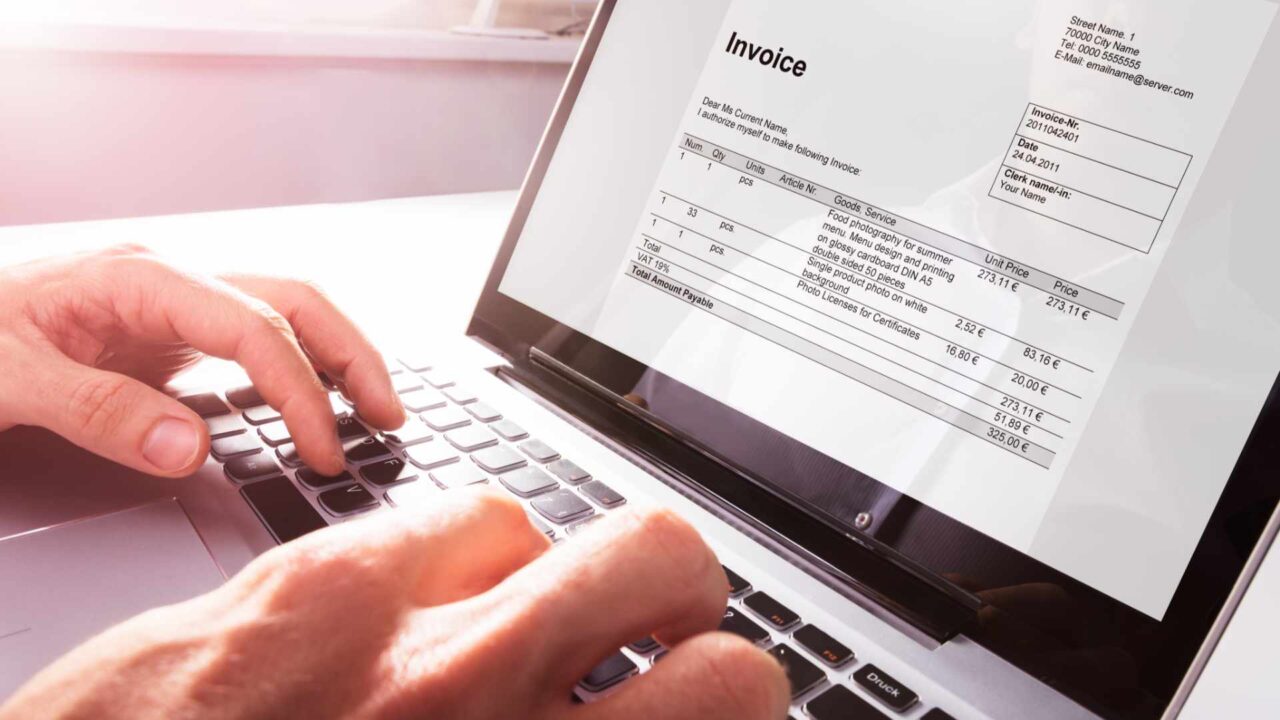As Hungary introduces new regulations for reporting invoices electronically, what will this mean for companies doing business there? In the context of declaring value-added tax (VAT), the interface required for submitting invoices online to the Hungarian Tax Administration (NTCA) has been revised with new specifications. It is crucial that these significant changes be taken into account by those sending invoices electronically in the B2B sector as of January 1st, 2020.
Since the beginning of the year, all companies liable for tax have been required to report all invoices issued to private persons and virtually all non-taxable persons. In addition, all invoices issued to companies both within and outside of the EU have become subject to reporting.
January 1st, 2021 also saw the introduction of the new Interface Specification 3.0. Following a test phase that started in October 2020, the new specifications are now generally binding for the transmission of invoice data to the national Hungarian Tax and Customs Administration (NTCA).
The latest, applicable specifications can be found on the Online Szamla website at https://onlineszamla.nav.gov.hu/dokumentaciok.
New ways of electronic invoicing in Hungary
The new XML version 3.0 is more flexible and facilitates new billing processes. Previously, the only option had been a process split into two parts. The customer received a printed or PDF invoice, while in parallel an XML report was sent to the NTCA. For the time being, this procedure will remain in place.
What’s new for companies and suppliers is the option of sending the XML invoice submitted to the NTCA straight from the Online Szamla system to their customers as a digital B2B invoice.

This new, leaner e-invoicing procedure benefits those issuing and receiving invoices in equal measure:
- The invoicing party now only needs to submit their structured invoices to the central NTCA system and can save on the cost and effort of additionally sending a PDF invoice via email or even a printed invoice by post.
- Invoice recipients receive the identical invoice from the NTCA system and can be assured that it has been checked and meets legal requirements.
For the tax administration (NTCA), the aim of these measures remains unchanged – to push back the shadow economy and reduce tax fraud.
Global E-invoicing from a Single Provider
With the Retarus Business Integration Platform and the company’s E-invoicing solutions, implementing the new – even more complex – connection in Hungary can be achieved in quick time. We not only support the more detailed XML wrapper format but are even able to check your data in advance if you so require. This significantly reduces the efforts you expend on correction work.
Our e-invoicing solutions are not dependent on the ERP system you are using or your business context (B2G, B2B or B2C). Retarus’ cost-efficient cloud solutions offer you security in implementing high-performance e-invoicing processes on the global stage. Retarus covers national and international standards such as XRechnung, Chorus Pro, FatturaPA or OpenPeppol and ensures that the formats are always in line with the latest regulations. In addition, we offer our customers the option of convenient long-term archiving for their digital invoices.
Interested in finding out more? Please feel free to get in touch with your local Retarus representative.




